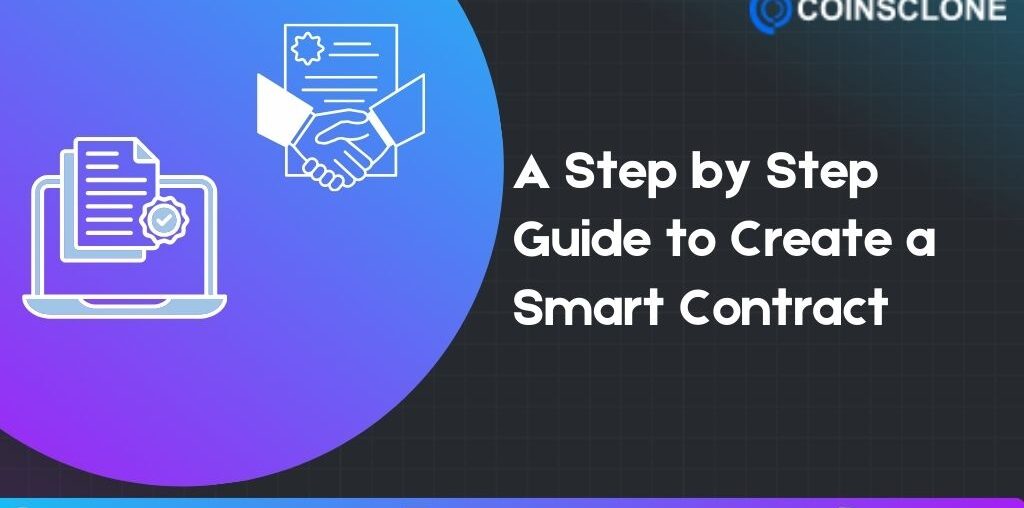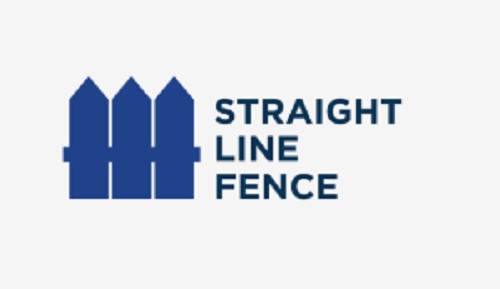In today’s digital age, blockchain technology is revolutionizing industries across the globe. One of the most exciting innovations powered by blockchain is the smart contract. These self-executing contracts automate processes, enhance security, and increase transparency. For startups looking to gain a competitive edge, creating a smart contract can streamline operations, reduce costs, and open up new opportunities. But how do you create a smart contract? In this guide, we’ll walk you through the process, explain its benefits, and show you why it’s crucial for your business.
What is a Smart Contract?
A smart contract is a self-executing contract where the terms of the agreement are written into code and automatically executed when predefined conditions are met. This makes it faster, cheaper, and more secure than traditional contracts, which require intermediaries like lawyers or notaries. Smart contracts run on blockchain platforms like Ethereum, Binance Smart Chain, or Solana, offering transparency, immutability, and decentralization.
For startups, the potential of smart contracts is immense. Whether you’re automating business workflows, handling transactions, or ensuring compliance, smart contracts can drive efficiency and innovation. The good news is that creating one is easier than you think, especially if you follow the right steps.
Step 1: Identify Your Objectives
Before jumping into development, the first step in creating a smart contract is to clearly define your goals. What do you want to achieve with this contract? Are you automating a payment system, managing supply chain logistics, or facilitating a decentralized finance (DeFi) application? Understanding your objectives will help you choose the right platform, design your contract’s logic, and select the appropriate development tools.
Step 2: Choose the Right Blockchain Platform
The next step is selecting the blockchain platform where your smart contract will be deployed. There are several options, each with its advantages:
- Ethereum: The most widely used blockchain for smart contracts, known for its robust ecosystem, decentralized applications (dApps), and the use of Solidity, its native programming language.
- Binance Smart Chain (BSC): Known for its fast and cost-efficient transactions, making it an ideal platform for startups looking for scalability and low transaction fees.
- Solana: A high-speed blockchain that offers low-cost transactions, perfect for decentralized applications that require high throughput.
- Polygon: A layer-2 solution for Ethereum, designed to reduce gas fees and improve transaction speeds.
Choosing the right platform depends on factors like scalability, cost, transaction speed, and security. Each platform has its own strengths, and an experienced smart contract developer can guide you in making the best decision for your startup.
Step 3: Select the Right Programming Language
Once you’ve chosen your platform, you’ll need to write the contract’s logic using a programming language tailored for the platform. For example:
- Solidity is the most common language for writing smart contracts on Ethereum and Binance Smart Chain.
- Rust is used for building smart contracts on Solana.
- Vyper, another language for Ethereum, is often used for more secure, minimalistic contracts.
Your smart contract code needs to be efficient, secure, and tailored to your platform. That’s where expert developers come in. They’ll write the code in the appropriate language, ensuring that the logic is sound, and the contract functions as intended.
Step 4: Develop and Test the Contract
After the code is written, it’s time to develop the contract and test it thoroughly. Testing is one of the most critical steps in the process, as even a minor error in the contract could lead to costly mistakes, such as funds being lost or the contract not executing correctly.
There are several ways to test your contract:
- Unit testing: This involves testing individual functions to ensure they work as expected.
- Test networks: Deploy your contract on test networks like Rinkeby (for Ethereum) or Testnet (for BSC) before deploying it to the main blockchain. This allows you to simulate real-world conditions without risking actual funds.
- Security audits: It’s essential to have your contract audited by experienced developers or third-party services to ensure it is secure and free from vulnerabilities like reentrancy attacks, overflows, or underflows.
Testing ensures your contract functions as expected and minimizes security risks, making it safe for deployment.
Step 5: Deploy the Smart Contract
Once your contract has been tested and audited, it’s time to deploy it on the main blockchain network. During deployment, your smart contract is assigned a unique address on the blockchain, and it becomes immutable—meaning the code can’t be altered once it’s live.
At this stage, you’ll need to pay for gas fees (transaction fees) on the blockchain to deploy the contract. The cost varies depending on the blockchain platform you’ve chosen, as well as the complexity of the contract.
Step 6: Monitor and Maintain the Contract
After deployment, your smart contract will be live, but your job isn’t over. It’s essential to monitor the contract regularly to ensure it is functioning as expected. Blockchain transactions are transparent, meaning you can track the execution of every contract in real-time.
Additionally, if your business grows or your needs change, you may need to update or upgrade your smart contract. Many modern smart contract solutions allow for upgrades using techniques like proxy contracts to ensure long-term scalability.
While creating a smart contract may seem straightforward, it’s a complex process that requires specialized knowledge of blockchain development, security practices, and platform-specific intricacies. Hiring a professional smart contract developer ensures that your contract is secure, efficient, and optimized for your specific needs.
At Coinsclone, they specialize in creating smart contracts tailored to your business. Our team of blockchain experts can help you design, develop, and deploy smart contracts that will streamline your operations, reduce costs, and enhance security. Let us help you unlock the potential of blockchain technology and take your startup to the next level.
Conclusion
Smart contracts are transforming the way businesses operate, offering automation, security, and transparency. By following the steps outlined above and working with experienced blockchain developers, your startup can successfully create and deploy a smart contract that meets your unique business needs. Ready to start building your first smart contract? Partner with a trusted developer to unlock the full potential of blockchain technology today.
Reach the technical experts via;
Mail: [email protected]
Skype: live:hello_20214?chat
WhatsApp:+91 9500575285
Telegram: https://t.me/Coinzclone
Website: https://www.coinsclone.com/how-to-develop-a-smart-contract/




